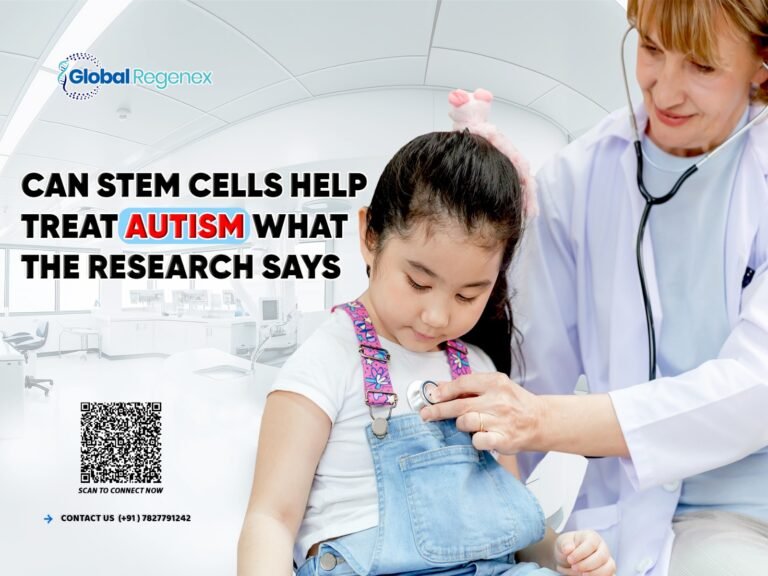Can Stem Cells Help Treat Autism? What the Research Says
August 22, 2025
•
Global Regenex
Are you or someone you know, suffering from autism? Millions of individuals and families across the globe are suffering from...
Read More →

